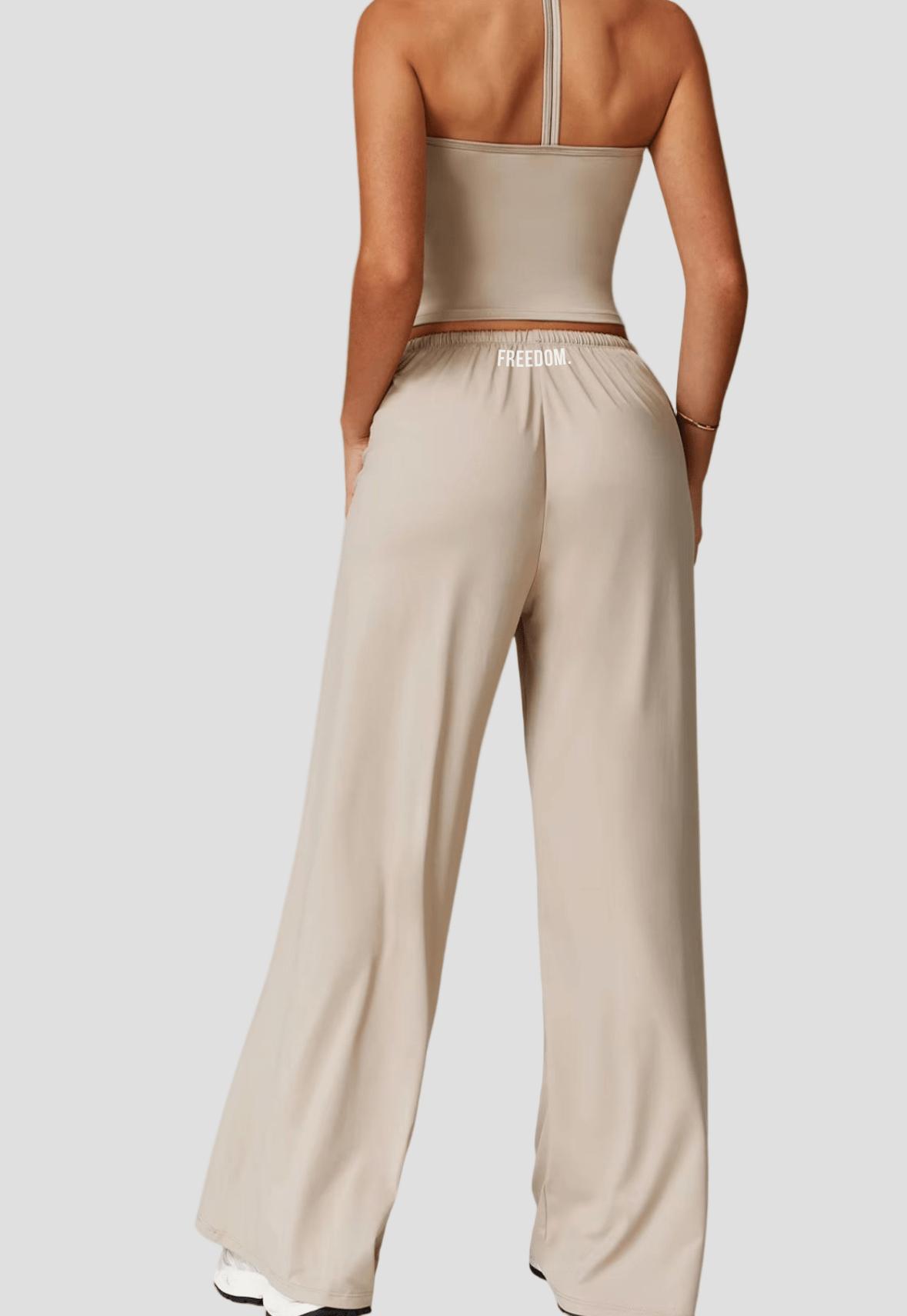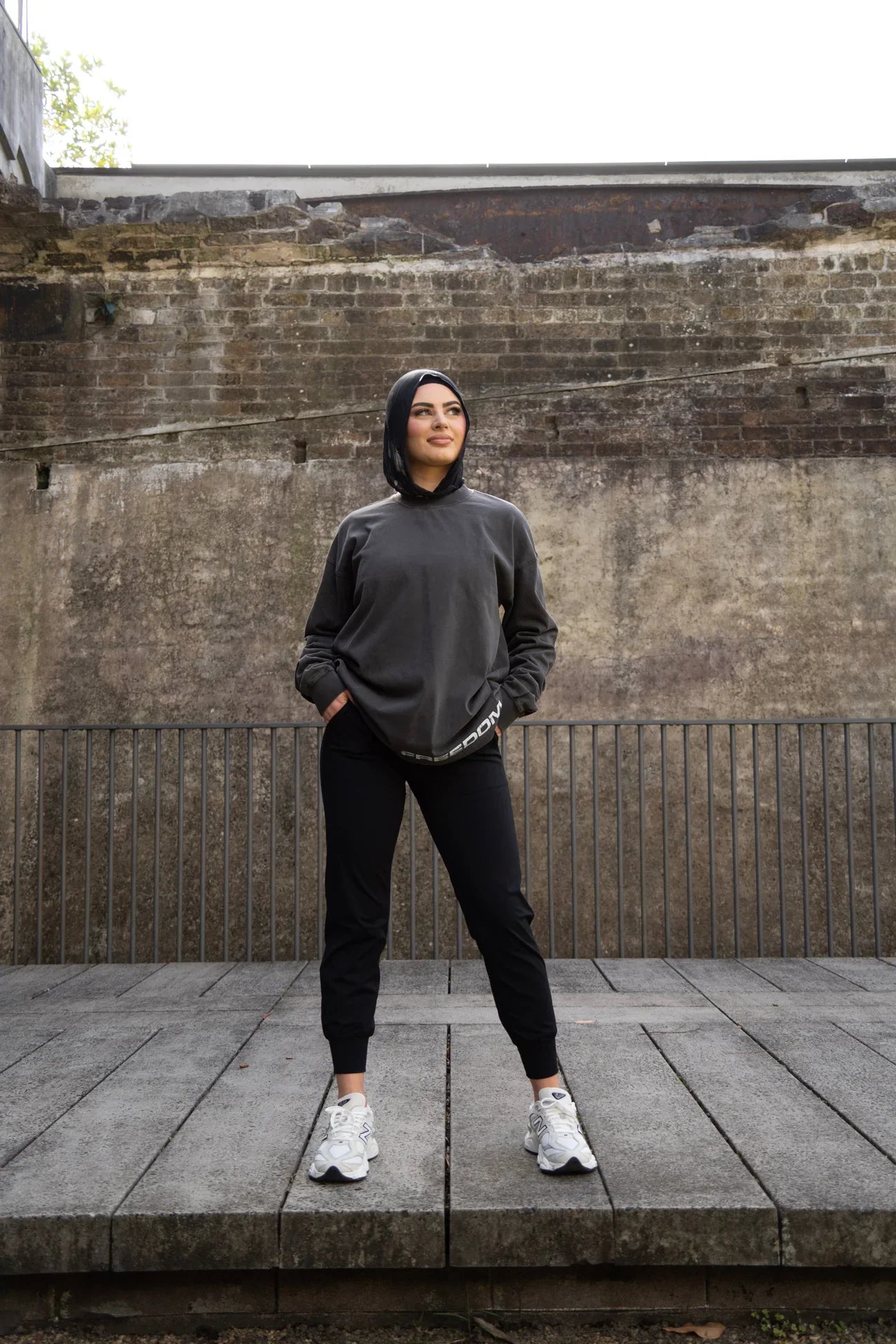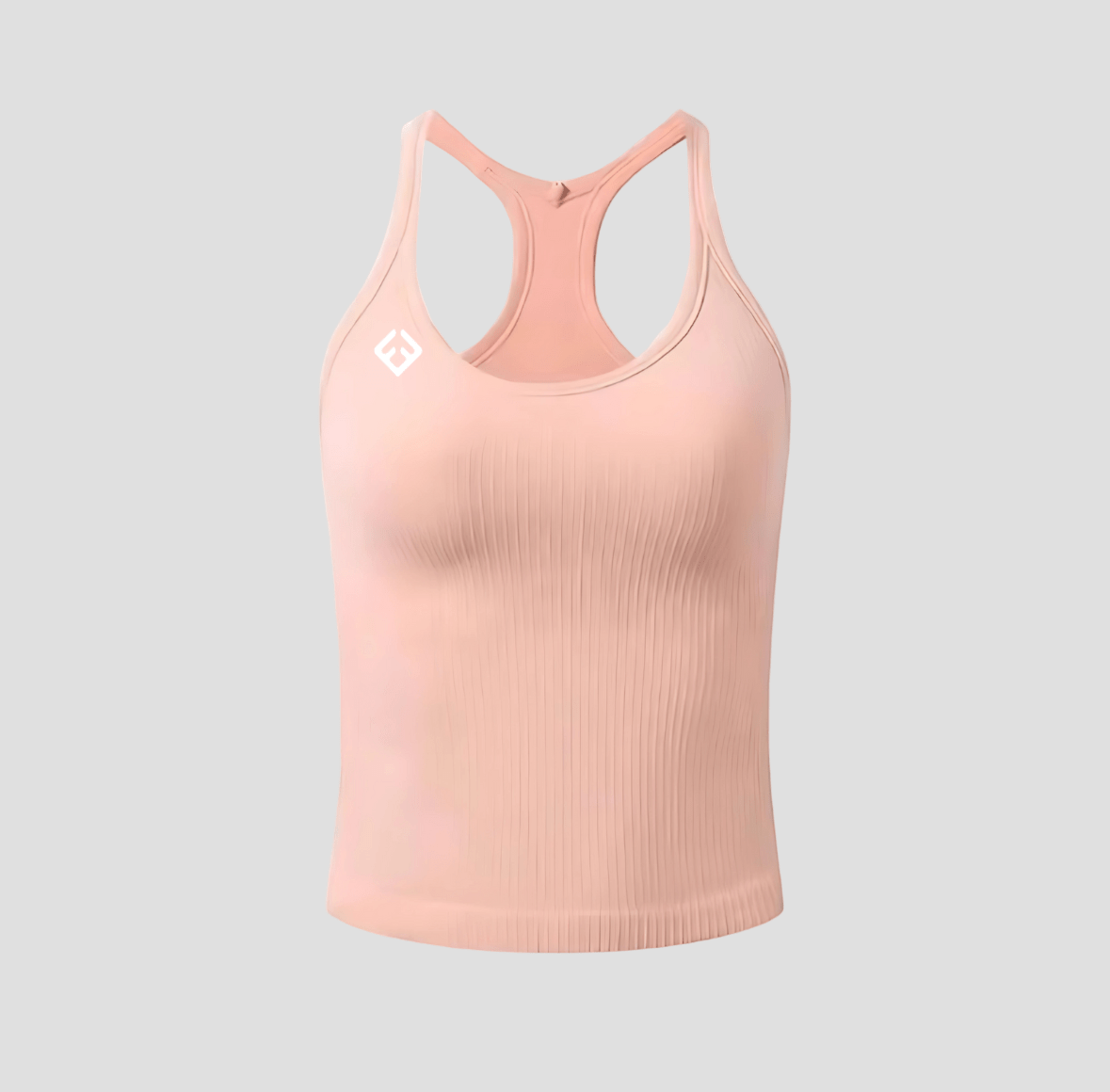How to Choose Ethical Brands When Buying Activewear: Freedom Active Wear
In today’s world, fitness is more than just a lifestyle — it’s a reflection of our values. We lace up our sneakers not only to feel stronger but to live more consciously. And as the demand for activewear grows, so does the responsibility we carry as consumers. Choosing ethical brands when buying activewear isn’t just about fashion or performance anymore. It’s about integrity, sustainability, and care — for people, the planet, and our own wellbeing.
Freedom Active Wear represents this shift. It’s a brand that believes in empowering women to move freely — not just in body, but in conscience. If you’ve ever wondered how to recognize truly ethical activewear brands and make sure your fitness wardrobe aligns with your values, this guide is for you.
Let’s explore how to choose ethical brands and why it matters more than ever in the modern activewear industry.
1. Understanding What “Ethical Activewear” Really Means
Before diving into how to choose ethical brands, it’s crucial to understand what “ethical” actually entails. In fashion, the term is often thrown around loosely, but genuine ethics go far deeper than marketing buzzwords.
Ethical activewear means:
-
Fair treatment of workers: Everyone involved in making your clothing, from cotton farmers to factory workers, earns fair wages and works in safe conditions.
-
Environmentally conscious production: The brand minimizes pollution, waste, and water consumption.
-
Sustainable materials: Fabrics come from recycled, renewable, or low-impact sources.
-
Transparency: The company openly shares information about its supply chain and manufacturing process.
-
Animal welfare: Ethical brands avoid animal testing and unnecessary animal-derived materials.
In short, ethical activewear brands like Freedom Active Wear strive to do better — for both the planet and the people living on it.

2. Why Ethical Choices Matter in Activewear
The Environmental Impact of Fast Fashion
Fast fashion’s impact on the planet is staggering. The fashion industry contributes nearly 10% of global carbon emissions, and synthetic fibers like polyester release microplastics that pollute our oceans.
Activewear, with its focus on performance fabrics, is often a hidden part of this problem. Cheaply made leggings, tops, and sports bras shed microfibers every time they’re washed. Over time, these plastics accumulate in the environment — and even in our food chain.
The Human Cost Behind the Seams
Behind low-priced, mass-produced activewear lies a harsh reality: underpaid labor, unsafe conditions, and exploitation. Ethical brands actively combat these practices by ensuring their workers receive fair pay, humane hours, and respect.
Freedom Active Wear takes a stand against this fast-fashion cycle. By prioritizing fair production and sustainable materials, it promotes quality over quantity — clothing that lasts longer and feels better, both physically and morally.
3. The Core Principles of an Ethical Activewear Brand
When evaluating brands, look for these five ethical cornerstones. They separate greenwashing from genuine integrity.
1. Transparency
An ethical brand doesn’t hide its process. It should clearly communicate where its materials come from, who makes the garments, and how it ensures fairness across its supply chain.
Transparency builds trust — and trust is the foundation of ethical fashion.
2. Fair Labor Practices
A truly ethical company guarantees that its workers earn living wages, not minimum wages. Look for certifications or statements about worker rights, fair pay, and safe conditions.
3. Sustainable Materials
The fabrics used matter immensely. Recycled nylon, organic cotton, bamboo, and Tencel are among the most responsible options. They minimize environmental impact without sacrificing performance or comfort.
4. Low Environmental Footprint
This includes reducing water usage, cutting carbon emissions, and limiting chemical waste. Brands that focus on eco-friendly dyes, renewable energy, and minimal packaging are making real change.
5. Quality and Longevity
Ethical fashion isn’t disposable. It’s designed to last. When a brand produces garments that maintain shape, elasticity, and comfort over years — not months — it reduces waste and consumer turnover.
Freedom Active Wear embodies these principles by emphasizing craftsmanship, responsible sourcing, and long-lasting design — proving that ethical can also mean elevated.
4. Recognizing Greenwashing in Activewear
Greenwashing — when brands exaggerate or falsify eco-friendly claims — is one of the biggest challenges for conscious consumers.
Common Greenwashing Tactics to Watch Out For:
-
Vague language: Words like “eco,” “natural,” or “conscious” without evidence.
-
No certifications or transparency: Ethical brands will show proof of their claims.
-
Tiny sustainable collections: A single “green” line doesn’t make a brand ethical.
-
Low prices with “sustainability” claims: True sustainability costs more to produce.
How to Verify Ethical Claims
-
Read the brand’s sustainability page carefully.
-
Look for third-party certifications (e.g., GOTS, Fair Trade, OEKO-TEX).
-
Check if the company reveals factory locations or production methods.
-
Research reviews and real-world experiences.
Freedom Active Wear avoids greenwashing by maintaining honest communication. It’s not about perfection — it’s about progress and accountability. The brand focuses on realistic steps toward better materials, ethical production, and sustainable packaging.

5. Materials Matter: Choosing Fabrics That Respect the Earth
The Best Ethical Fabric Options
-
Recycled Polyester (rPET)
Made from post-consumer plastic bottles, it helps reduce waste and minimize reliance on virgin petroleum. -
Organic Cotton
Grown without harmful pesticides, it supports soil health and reduces water usage. -
Bamboo Fabric
Naturally antibacterial, breathable, and biodegradable, though the production process must be carefully monitored for sustainability. -
Tencel (Lyocell)
Made from wood pulp using a closed-loop system that recycles water and solvents. -
Recycled Nylon
Perfect for leggings and sports bras, it reduces waste from fishing nets and industrial plastics. -
Hemp
Strong, natural, and sustainable — hemp uses minimal water and restores soil fertility.
Freedom Active Wear selects fabrics that offer performance without pollution — combining moisture-wicking technology, comfort, and responsible sourcing. Every stitch is designed with purpose and conscience.
6. Ethical Manufacturing: Beyond the Label
True ethical fashion doesn’t stop at fabric. It extends into every aspect of production.
Key Manufacturing Ethics to Look For:
-
Safe working conditions: Factories must adhere to strict labor laws.
-
No child or forced labor.
-
Respect for gender equality and worker representation.
-
Local production or fair-trade partnerships to reduce carbon footprint.
Freedom Active Wear’s production philosophy focuses on people-first manufacturing. Every piece represents not just style, but respect for craftsmanship and community. When you buy ethically, you empower workers across the world.
7. Ethical Packaging and Shipping
Packaging often goes unnoticed, yet it’s one of the easiest areas to improve sustainability. Ethical brands use:
-
Recyclable or compostable materials.
-
Minimal packaging to reduce waste.
-
Paper over plastic.
-
Biodegradable mailers.
Freedom Active Wear uses environmentally mindful packaging, ensuring that even the unboxing experience aligns with your eco-conscious values.
8. The Role of Durability in Ethical Fashion
One of the most ethical decisions a consumer can make is to buy less, but better.
High-quality activewear resists fading, stretching, and tearing. It means fewer replacements, less waste, and more long-term satisfaction. Ethical brands focus on durability, not disposability.
Freedom Active Wear’s designs stand the test of time — made for real workouts, travel, and daily wear, without losing shape or support. Investing in lasting quality is an act of sustainability itself.
9. Inclusivity and Ethical Fashion
True ethics also embrace inclusivity. Activewear should be made for every body — regardless of size, shape, or background. Freedom Active Wear prioritizes inclusive design, offering fits that empower women to feel confident and comfortable in motion.
An ethical brand uplifts all women — not just those who fit a traditional mold. Because freedom, at its core, means everyone belongs.

10. Local vs. Global Production: What’s More Ethical?
There’s a misconception that local production is always more ethical. While local manufacturing reduces transport emissions, it’s not the only measure of morality. Global partnerships can be equally ethical if workers are treated fairly and paid well.
What truly matters is transparency, labor standards, and sustainability — wherever production happens.
Freedom Active Wear partners with responsible suppliers that uphold strict ethical standards, ensuring fairness and accountability from start to finish.
11. Certifications That Signal Ethical Commitment
While certifications aren’t the only proof of ethics, they’re valuable indicators.
Here are some of the most recognized standards to look for when shopping activewear:
-
Fair Trade Certified™ – Ensures fair wages and ethical labor conditions.
-
Global Organic Textile Standard (GOTS) – Guarantees organic materials and responsible production.
-
OEKO-TEX Standard 100 – Verifies that fabrics are free from harmful substances.
-
B Corporation (B-Corp) – Measures overall social and environmental impact.
-
Bluesign® – Focuses on safe and sustainable textile production.
Freedom Active Wear’s approach is to align with these standards while continually improving — because ethics is a journey, not a destination.
12. How to Shop Mindfully and Build an Ethical Wardrobe
Being an ethical shopper doesn’t require perfection — it starts with awareness and small, intentional choices.
Practical Steps to Shop Ethically:
-
Research before you buy.
-
Choose versatile pieces you’ll wear often.
-
Read care labels — proper maintenance extends lifespan.
-
Support small, ethical brands.
-
Avoid impulse buying.
-
Recycle or donate responsibly when clothing reaches end of life.
Freedom Active Wear encourages thoughtful consumption — investing in pieces that make you feel good, perform beautifully, and align with your values.
13. The Emotional Connection: Wearing Your Values
When you wear ethical activewear, you’re wearing more than fabric — you’re wearing a story of respect, responsibility, and empowerment.
Each purchase becomes a quiet protest against exploitation and excess. It’s a statement: I care about the people who made this, and the planet we share.
Freedom Active Wear embodies that emotion — freedom not only of movement but of conscience.
14. The Future of Ethical Activewear
The activewear industry is evolving fast. Consumers are demanding more transparency, accountability, and integrity. Technology is driving new solutions — biodegradable fabrics, closed-loop recycling, carbon-neutral production, and ethical AI-driven supply chains.
Freedom Active Wear stands at the forefront of this transformation — combining performance innovation with ethical responsibility. The brand’s mission is to redefine what it means to move freely — in body, mind, and purpose.
15. Why Freedom Active Wear Represents Ethical Excellence
Let’s summarize the values that make Freedom Active Wear stand out as an ethical brand:
-
Sustainable fabrics that respect the environment.
-
Fair manufacturing that values every worker.
-
Durable designs that last beyond trends.
-
Inclusive sizing that celebrates all women.
-
Transparent communication about process and progress.
-
Eco-conscious packaging for guilt-free deliveries.
-
Commitment to continuous improvement, not empty promises.
Freedom Active Wear doesn’t just sell activewear. It promotes a mindset — one that blends freedom, responsibility, and empowerment.
16. Final Thoughts: Your Choice Shapes the Future
Every purchase we make sends a message. Choosing ethical activewear brands like Freedom Active Wear is a way to vote — for fairness, for sustainability, and for the planet.
You don’t have to overhaul your wardrobe overnight. Start small. Replace fast-fashion leggings with ethically made ones. Choose quality fabrics. Support brands that are transparent and sincere.
Step by step, these small changes ripple outward — influencing the entire fashion ecosystem.
Freedom Active Wear stands for more than fitness — it stands for freedom in every sense: freedom to move, freedom to choose, freedom to care.
So next time you shop for your workout gear, ask yourself:
Does this purchase reflect my values?
If it’s Freedom Active Wear, the answer is yes — every single time.
🧵 FAQs About Choosing Ethical Activewear Brands – Freedom Active Wear
1. What does “ethical activewear” mean?
Ethical activewear refers to clothing made with respect for people, animals, and the planet. It ensures fair wages, safe working conditions, and eco-friendly materials during production.
2. Why should I buy ethical activewear?
Buying ethical activewear supports fair labor, reduces pollution, and helps build a sustainable future while giving you long-lasting, high-quality pieces that perform beautifully.
3. How is Freedom Active Wear an ethical brand?
Freedom Active Wear emphasizes sustainability, transparency, and fairness — from responsibly sourced materials to ethical manufacturing processes.
4. What materials are used in ethical activewear?
Common ethical materials include organic cotton, bamboo, hemp, recycled polyester, and Tencel — all designed for comfort, breathability, and minimal environmental impact.
5. Is ethical activewear more expensive?
Yes, but for good reason. Higher costs reflect fair wages, sustainable materials, and longer-lasting quality — a better investment over time.
6. How can I tell if a brand is genuinely ethical?
Check for transparency in sourcing, sustainability certifications, and open communication about factory conditions and materials.
7. What is greenwashing in fashion?
Greenwashing happens when a brand falsely promotes itself as sustainable or eco-friendly without genuine ethical practices to back the claim.
8. Are synthetic fabrics bad for the environment?
Traditional synthetics like polyester can shed microplastics. However, recycled versions (like rPET) reduce waste and are more sustainable alternatives.
9. Why do ethical brands use recycled fabrics?
Recycled fabrics minimize landfill waste, conserve energy, and reduce the need for virgin resources — creating a smaller carbon footprint.
10. How can I shop more ethically for activewear?
Buy from transparent brands, choose durable items, and avoid fast-fashion trends. Quality over quantity makes a big difference.
11. What certifications prove ethical production?
Look for Fair Trade, GOTS (Global Organic Textile Standard), OEKO-TEX, and B-Corp certifications to ensure genuine sustainability.
12. Does Freedom Active Wear use sustainable packaging?
Yes. Freedom Active Wear uses recyclable and eco-conscious packaging to minimize plastic waste and environmental harm.
13. What’s the difference between sustainable and ethical?
“Sustainable” focuses on environmental responsibility, while “ethical” also includes human rights, fair pay, and working conditions.
14. Why is transparency so important in ethical fashion?
Transparency helps consumers understand how and where their clothes are made, promoting accountability and trust.
15. Can I find stylish designs in ethical activewear?
Absolutely! Brands like Freedom Active Wear prove you can look chic and modern while supporting sustainable fashion practices.
16. Are bamboo fabrics eco-friendly?
Bamboo is sustainable if processed responsibly. It’s naturally soft, breathable, and biodegradable, making it perfect for activewear.
17. What’s the lifespan of ethical activewear?
Ethical activewear lasts much longer than fast fashion. With proper care, pieces can maintain shape, stretch, and performance for years.
18. Why is Freedom Active Wear different from fast fashion brands?
Freedom Active Wear prioritizes integrity over trends — focusing on quality, ethical sourcing, and timeless comfort instead of mass production.
19. How do I know if a brand treats workers fairly?
Look for public labor policies, certifications, or transparency reports that detail fair wages and safe working environments.
20. Are ethical activewear brands inclusive in sizing?
Yes, many ethical brands like Freedom Active Wear design inclusive fits to empower all women — every size, every shape.
21. What are the benefits of investing in quality over quantity?
Buying fewer, higher-quality garments saves money long term, reduces waste, and supports ethical production.
22. How can I care for my ethical activewear?
Wash in cold water, air-dry when possible, and avoid harsh chemicals. These steps extend the life of sustainable fabrics.
23. Do ethical brands support local communities?
Many ethical companies partner with small producers and artisans, providing fair pay and community growth opportunities.
24. Why are neutral colours popular in ethical fashion?
Neutral tones are timeless, versatile, and reduce overproduction of trendy, short-lived styles — making them more sustainable.
25. Does Freedom Active Wear use fair labor practices?
Yes. Freedom Active Wear ensures fair wages, safe working conditions, and respect for all workers across its supply chain.
26. Can sustainable activewear handle tough workouts?
Definitely. Freedom Active Wear combines durability, stretch, and moisture-wicking fabrics for comfort and peak performance.
27. Why does sustainable fashion cost more initially?
Because it reflects real production costs — fair pay, eco-friendly materials, and ethical manufacturing that respects both people and the planet.
28. How can I reduce my fashion carbon footprint?
Shop consciously, support ethical brands, wash clothes responsibly, and recycle or donate items instead of throwing them away.
29. What are some red flags of unethical brands?
Lack of transparency, extremely low prices, vague sustainability claims, and mass production with no details on sourcing.
30. Can I build a fully ethical activewear wardrobe?
Yes — start small. Replace fast-fashion pieces with ethical alternatives from trusted brands like Freedom Active Wear.
31. How does ethical activewear impact my health?
Sustainable fabrics are often free from harmful dyes or chemicals, making them gentler on your skin and overall wellbeing.
32. Is it possible for a brand to be 100% ethical?
It’s rare, but some brands strive for complete transparency and continual improvement — like Freedom Active Wear does.
33. Why are certifications important in ethical clothing?
They validate a brand’s claims and ensure you’re supporting authentic, eco-conscious practices.
34. What is slow fashion, and how does it relate to activewear?
Slow fashion encourages mindful buying — choosing long-lasting, quality items instead of quick, disposable trends.
35. Are natural fabrics better than synthetic ones?
Not always. Some synthetic fabrics like recycled nylon perform better and are more durable, reducing long-term waste.
36. How can ethical fashion make a difference globally?
By reducing pollution, empowering workers, and promoting conscious consumption, ethical fashion reshapes the entire industry.
37. Does Freedom Active Wear test on animals?
No. Freedom Active Wear is committed to cruelty-free production and does not use animal testing or materials.
38. Can ethical activewear be fashionable and functional?
Yes. Modern ethical brands design activewear that merges fashion, comfort, and performance effortlessly.
39. What’s the best way to start shopping ethically today?
Begin with small changes — research brands, check fabrics, and invest in pieces that align with your values.
40. Why should I choose Freedom Active Wear for ethical fashion?
Because Freedom Active Wear offers more than style — it delivers purpose. Every piece embodies sustainability, fairness, and empowerment for modern women who move with intention.


